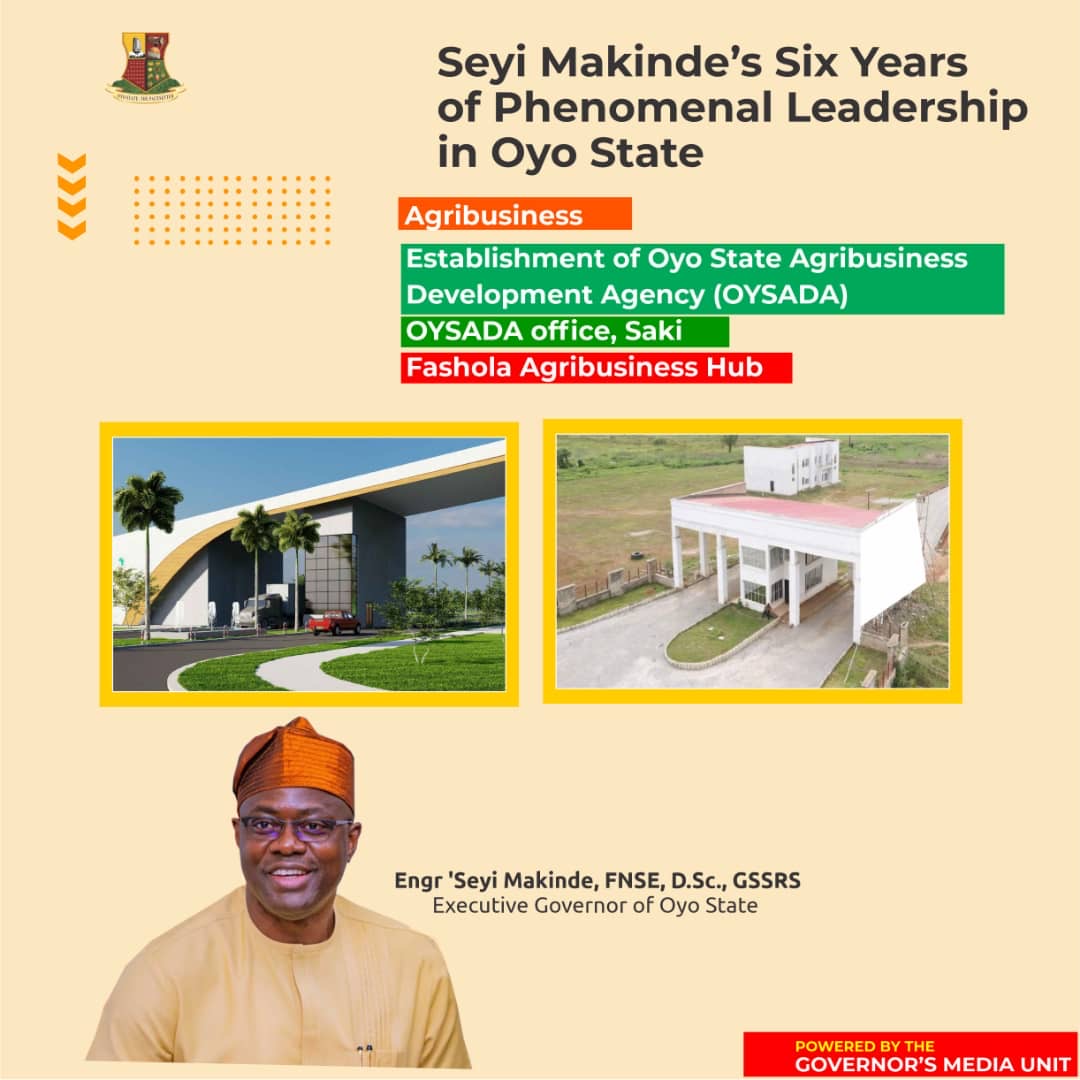








“A people without the knowledge of their past history, origin, and culture is like a tree without roots.” – Marcus Garvey.
In yet another culturally enriching move, Governor Seyi Makinde (GSM) has reaffirmed his commitment to the economic and cultural revitalisation of Oyo State with the introduction of the policy directive that civil/public servants in the state should wear Aso Ofi on Thursdays.

Under this directive, civil and public servants in the state have been directed to wear dresses or complement their dresses with the Aso Ofi material, a clothing material largely produced in Iseyin, Oyo State and some other towns of the state.





This initiative reflects the administration’s dedication to boosting local industries, strengthening economic growth, and preserving the Yoruba heritage.
This Yoruba attire is more than just clothing—it is a symbol of identity, craftsmanship, and heritage.
Among all attires, the Aso Ofi stands out as a fabric deeply rooted in the history of Oyo State, with Iseyin, widely known as the “home of Aso Ofi,” being a hub of this traditional weaving craft for generations and its influence also present in Ibadan and Oyo towns.
The Aso Ofi markets in Iseyin and Oranyan serve as major trading centers, attracting both local and international buyers who appreciate the authenticity and uniqueness of the fabric.
With the new policy of the state government, the demand for locally made native attire, including Aso Ofi, is expected to rise, creating economic opportunities for local weavers, traders, and artisans across the state.
This will, in turn, generate employment, particularly for the youth and women who form a significant portion of the textile industry.
A closer look at the policy will show that it is not merely about dressing in traditional attire—it is a strategic step towards economic growth, cultural preservation, and tourism promotion.
By subtly encouraging the incorporation of Aso Oke and Ofi into native wear, the policy can revitalise the textile industry, support local businesses, and encourage innovation among designers, fashion houses, and retailers.
Additionally, it will enhance Oyo’s reputation as a major cultural hub, drawing in cultural enthusiasts, historians, and investors from across Nigeria and beyond.
From the outset of his administration, Governor Makinde made a firm promise to develop the tourism sector, and the policy has shown that he is true to his word.
However, to maximise the benefits of this policy, it is crucial that the construction of the Aso Ofi International Market in Iseyin is expedited.
Once completed, this project will not only serve as a central hub for Aso Ofi trade but will also attract international investors and fashion enthusiasts looking to collaborate with indigenous weavers.
It will also encourage the exportation of Aso Ofi, positioning Oyo State on the global map as a leader in traditional textile production.
The market will serve as a major tourist attraction, drawing visitors who want to experience the artistry of Aso Ofi weaving firsthand.
Additionally, it will increase revenue generation for the state, as tourism and trade will flourish around the Aso Ofi ecosystem.
To further promote this initiative, the government should consider promoting the Aso Ofi Festival being organised in Iseyin by organizing exhibitions and fashion shows to showcase the fabric globally, much like the way Ankara, Kente, and Adire have gained international recognition.
The “Wear Native, Grow Oyo” policy is a commendable initiative that aligns with Governor Makinde’s broader vision for economic empowerment, cultural preservation, and tourism development.
With proper implementation, this initiative will strengthen local production and empower thousands of artisans.
It will boost tourism revenue and attract international collaborations, while also promoting Oyo’s cultural heritage and ensuring that future generations remain connected to their roots.
The Makinde-led administration has shown foresight, and this is yet another policy that will leave a lasting legacy for generations to come.
As this initiative takes full effect, it is now up to the people of Oyo State, civil servants, business owners, and cultural stakeholders to embrace it wholeheartedly.
Together, we can wear our heritage with pride, grow our economy, and place Oyo State on the global map of textile excellence.
.Omoniyi writes from Iseyin.






